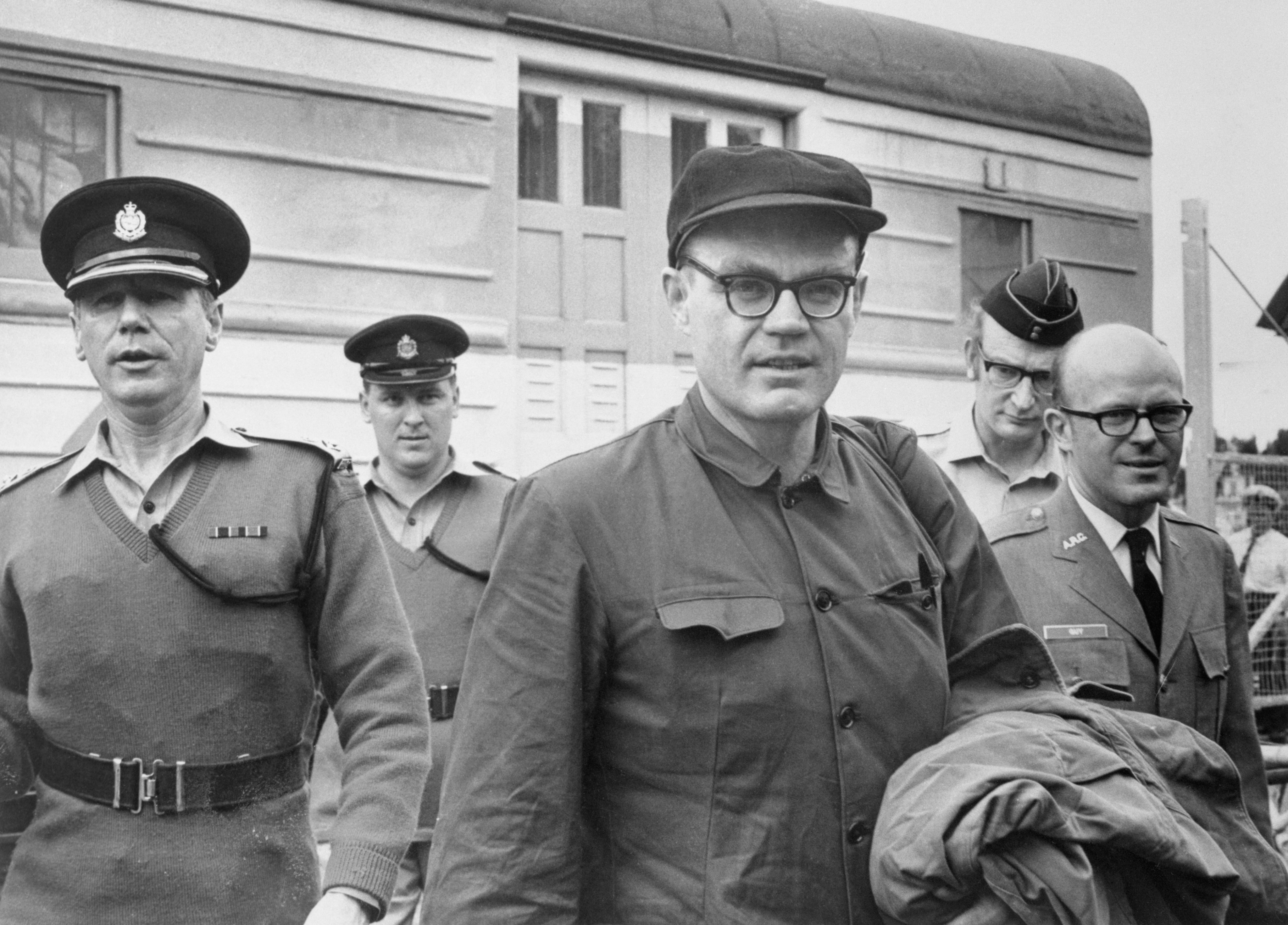
- China scholar Jerome Cohen recalls how he got the US government to admit John Downey was a spy, leading China to free him. It shows the folly of lying, he says
More than a month after an American military plane shot down an intruding Chinese balloon, much about this now notorious incident remains a mystery, and conflicting statements from the United States and China have led many observers to doubt the accuracy of claims voiced by one or both of the contending governments.
This is certainly not the first time that the reliability of conflicting statements made by these two powers has been doubted, and March 12 is an appropriate date for recalling perhaps the most notorious – and surely the most long-running – instance of the two countries’ clashing versions of reality.
On that date 50 years ago, Hong Kong reporters dashed to the Chinese border to meet John T. Downey, the confessed American CIA agent who had just been released after almost 21 years in a Communist prison.
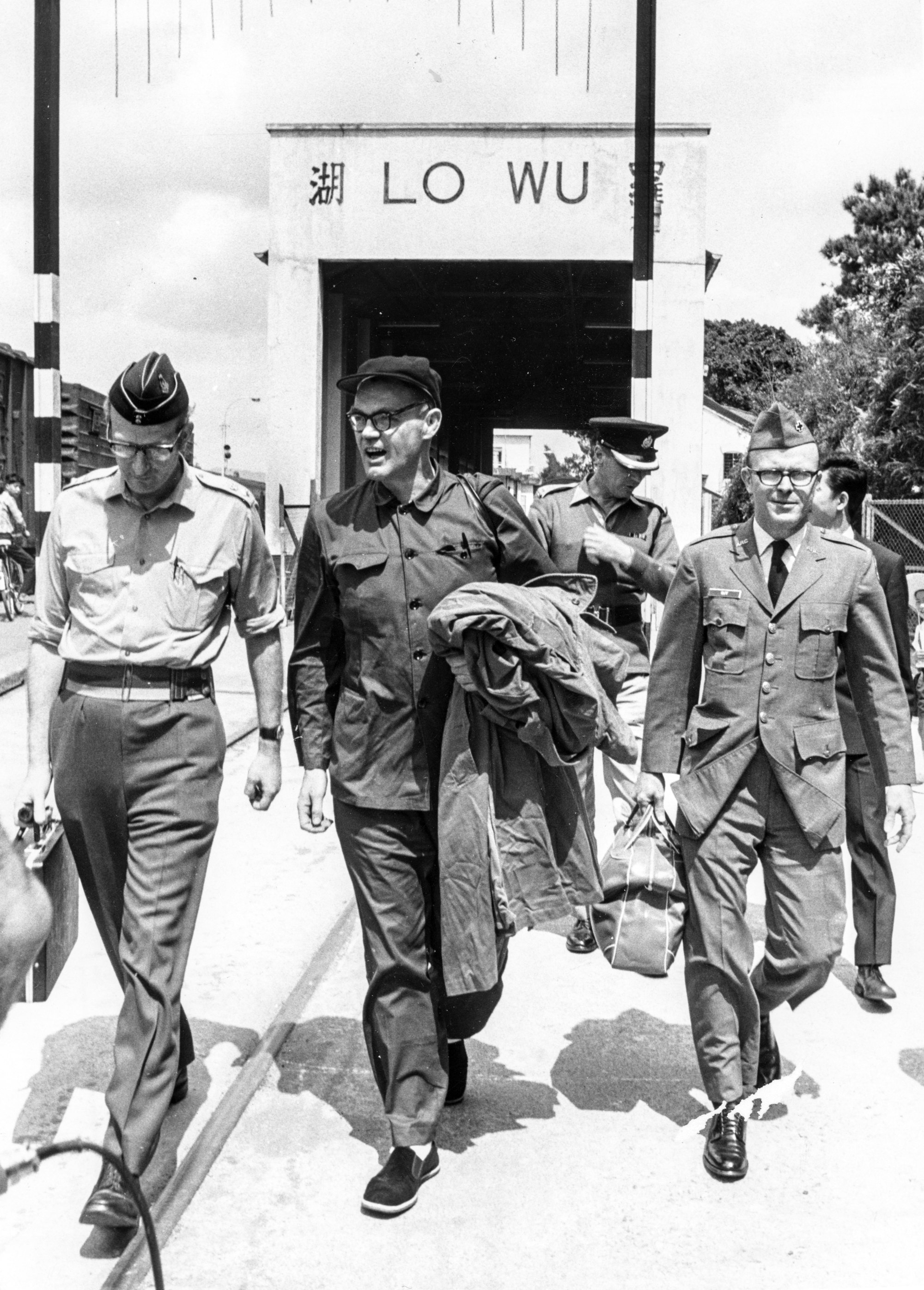
“Are you going to write a book?” one asked.
Downey replied: “What would it have? Four hundred blank pages?”
Ain’t no mountain high enough, not even Everest, for these Nepali villagers
Downey could not have imagined that half a century later, China’s rising prominence and a wider global concern about espionage, truth-telling and trust would spawn not one, not two, but at least three books based on his experience.
The story goes back to the winter of 1950-51. American participation in the Korean war was going badly due to the hordes of “volunteers” sent by the People’s Republic of China (PRC) to support beleaguered North Korean troops.
The Americans’ Central Intelligence Agency decided to intensify its covert efforts to destabilise Mao Zedong’s recently established regime and embarked on a quiet campaign to recruit the able new talent required.
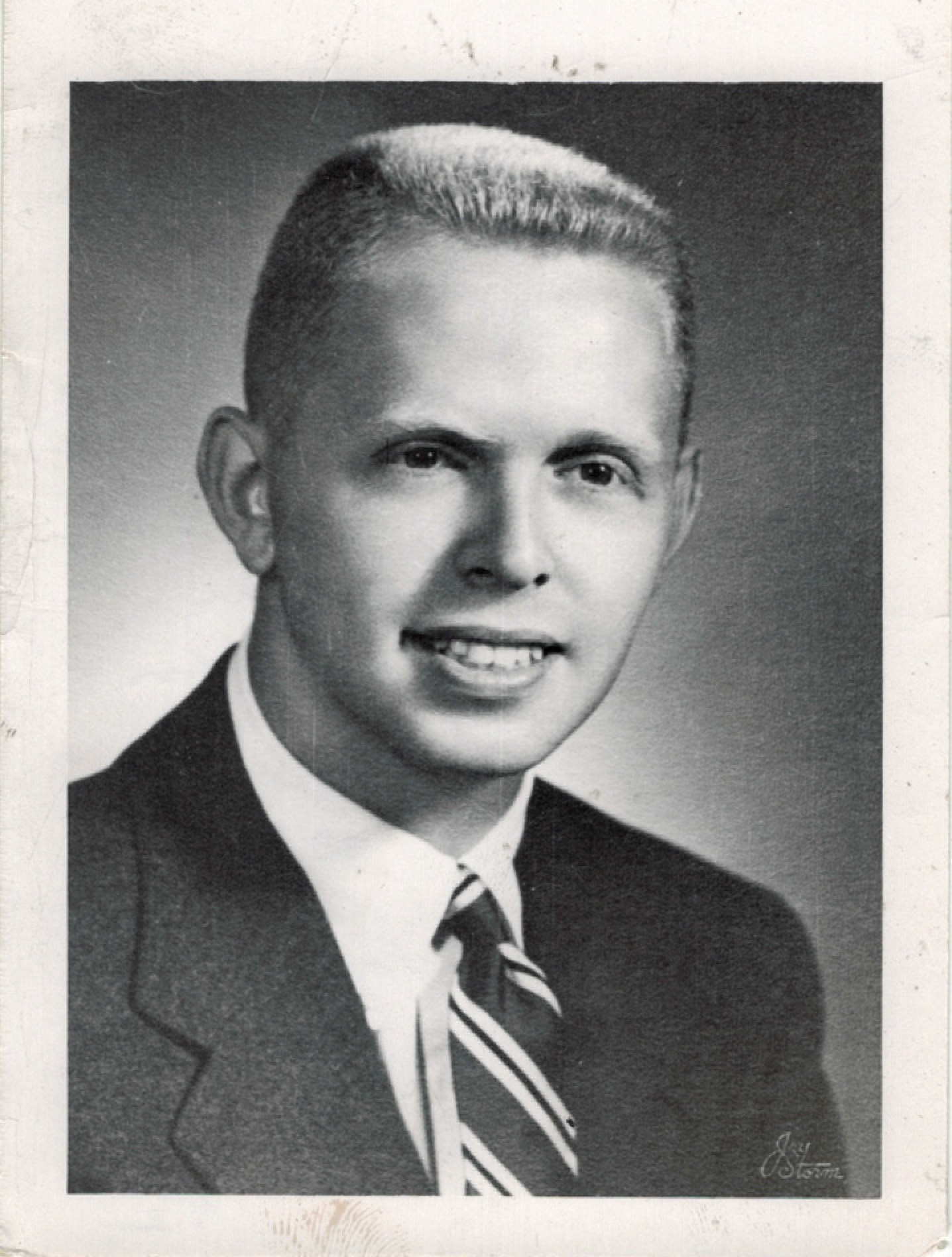
Because of some Yale University faculty contacts, the CIA focused on various ways of recruiting students from the Ivy League institution, where both “Jack” Downey and I were members of the about-to-graduate class of 1951.
Although many classmates were privately introduced to the CIA by informal means, the agency also attempted more open recruitment. Among the announcements on the job-search bulletin boards for graduating seniors, I saw a notice stating that a CIA representative was soon to appear on campus.
I joined about 30 classmates jammed into a seminar room to hear him give a vague summary of the agency’s work, one that failed to disclose why they wanted to hire us.
Beyond Meat, Impossible Foods were meant to change the world. What happened?
Since I was an international relations major hoping for an analyst’s position in Washington, I asked what kind of work could be expected. The recruiter said that security concerns prevented him from answering. I then asked: “Can’t you at least give us a hypothetical example?”
With more than a touch of annoyance, he replied: “I’ll give you a hypothetical but, mark you, it’s purely hypothetical. We might want to train you and then drop you into Red China to organise resistance against the regime.”
My jaw must have dropped as I observed, “Gosh, that sounds awfully dangerous.” This really annoyed the recruiter, who testily replied, “During the last war we, meaning the OSS [the Office of Strategic Services, the precursor to the CIA], lost fewer men than the infantry.”
To which I asked, “On a relative or absolute basis?”
He then dismissed me, saying, “I don’t think you’re seriously interested.”
I agreed, “You’re right,” and left the meeting. I later learned that 12 in our group did show interest, but ultimately, half were rejected as being “insufficiently rugged”.
Jack Downey was, however, sufficiently rugged. He had been a 195-pound (88kg) varsity football player and captained Yale’s wrestling team. Less than 18 months after our graduation, his CIA plane was shot down in northeast China while attempting to exfiltrate a previously dropped anti-Communist Chinese colleague.
You mean our government has been lying to us about the case all these years?J. William Fulbright, US Senate Committee on Foreign Relations chairman, to Cohen after his testimony Downey was a CIA spy
Two years later the PRC broke its silence about the case and announced that Downey and his American partner, Richard Fecteau, had been respectively sentenced to life and 20 years in prison for espionage.
Ignoring the persuasive evidence produced by the PRC’s Supreme People’s Court, the US government denied any CIA involvement and issued a preposterous story that the defendants had been civilian employees of the army on a flight from South Korea to Japan and that a storm had blown them off course into China.
The US government maintained this false position for almost two decades, despite frustrating the possibility that Sino-American negotiations might lead to the American prisoners’ release.
Under the influence of the Dulles brothers – Allen as CIA director and John Foster as secretary of state – in 1957, the US government even rejected the Chinese government’s offer to release all of its American prisoners, if American journalists were allowed to visit China.
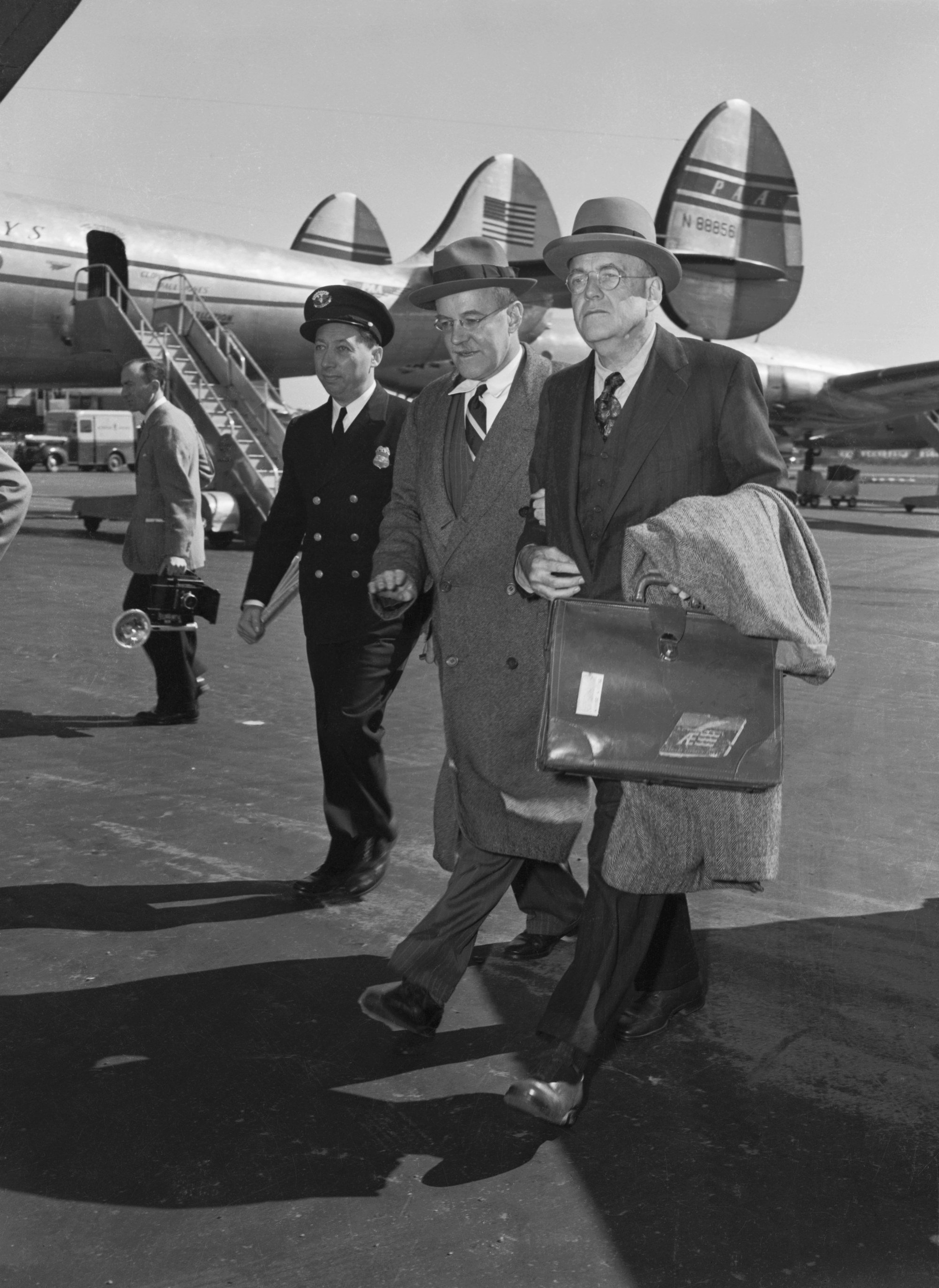
Maintaining the pretence that the detained Americans were innocent hostages whom the godless Chinese Communists had subjected to arbitrary punishment, Secretary Dulles, a leading Christian layman, claimed that succumbing to PRC blandishments would be “trafficking with evil” and “yielding to blackmail”.
So Downey and Fecteau were left to rot in prison for many more years.
In 1966, as the Yale Class of 1951 prepared to hold its 15th reunion, a group of classmates decided to mobilise an effort to press the US government to obtain Downey’s release. Since I was teaching Chinese law and government at Harvard Law School at the time, they asked me to take on this responsibility.
There were no PRC diplomats to approach in North America, though. Not even at the United Nations. Americans could not enter China, nor could Chinese come to the US. Moreover, Mao had just launched the Great Proletarian Cultural Revolution.
It would be three years before the conclusion of its most violent phase, and the beginning of the PRC’s effort to seek friendly contact with the Western world.
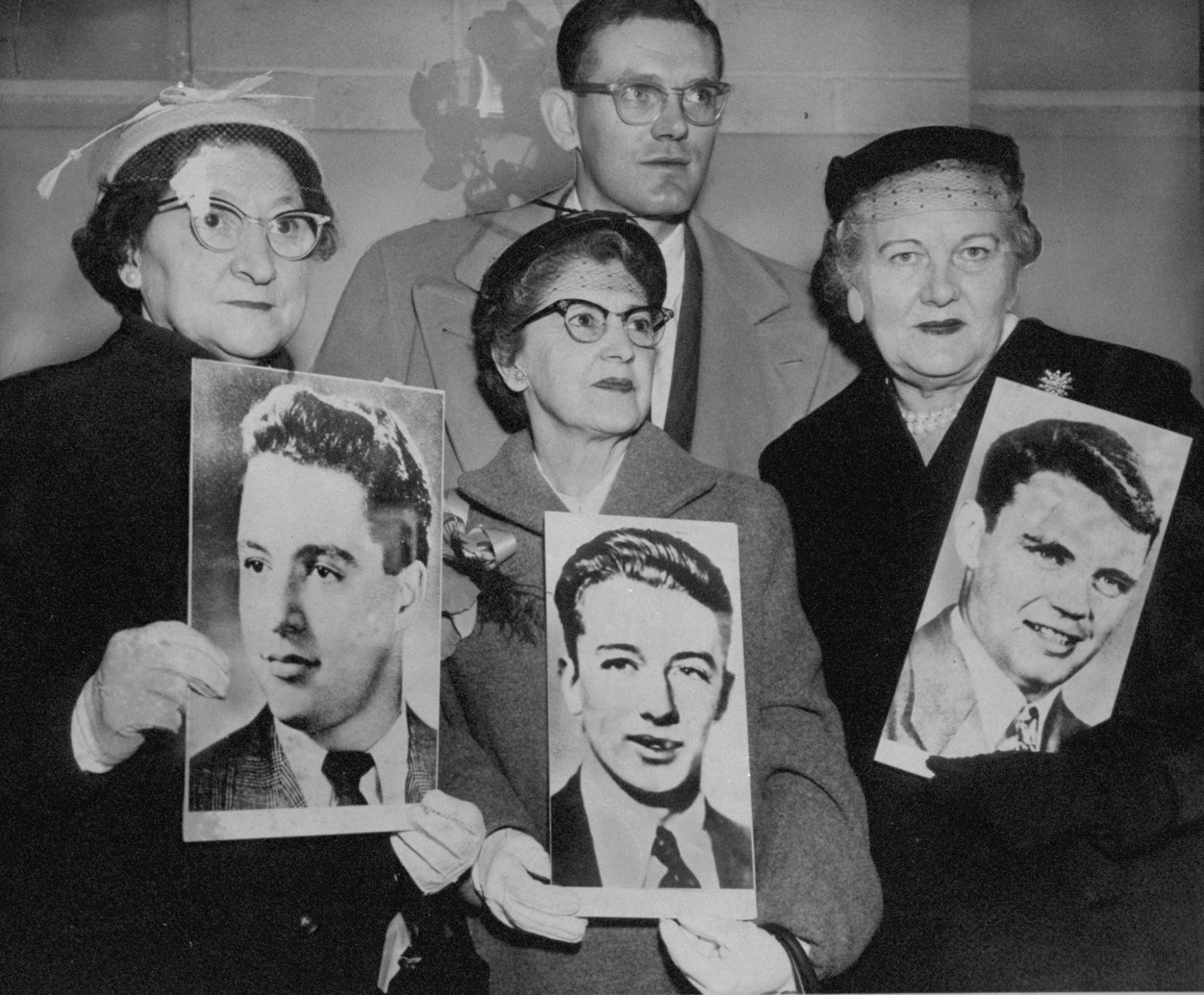
Opportunity finally knocked when Canada and China established diplomatic relations in the autumn of 1970. By the spring of 1971, after several visits to Ottawa to call upon PRC ambassador Huang Hua, I asked him whether it might improve Sino-American relations and promote the release of Downey and Fecteau if the US government were to finally tell the truth about their case and publicly acknowledge that the two men had been CIA agents.
Huang said he found the idea interesting and worth consulting with his ministry in Beijing about. I replied that I would do what I could to get the US government to accept the idea.
I had occasionally been calling on Henry Kissinger, US President Richard Nixon’s national security adviser, to follow up on a 1968 China policy memorandum, one that a Harvard-MIT study group I chaired had provided to him for the president’s consideration.
So I knew that the plight of the American prisoners was a White House concern, yet Kissinger was so tight-lipped about White House plans and communications with Beijing that I had no inkling of what the US government might be doing about the matter.
So, I decided to try to create public support for a change in the US position. An invitation to testify on China policy before the US Senate Committee on Foreign Relations on June 25, 1971, presented a golden opportunity.
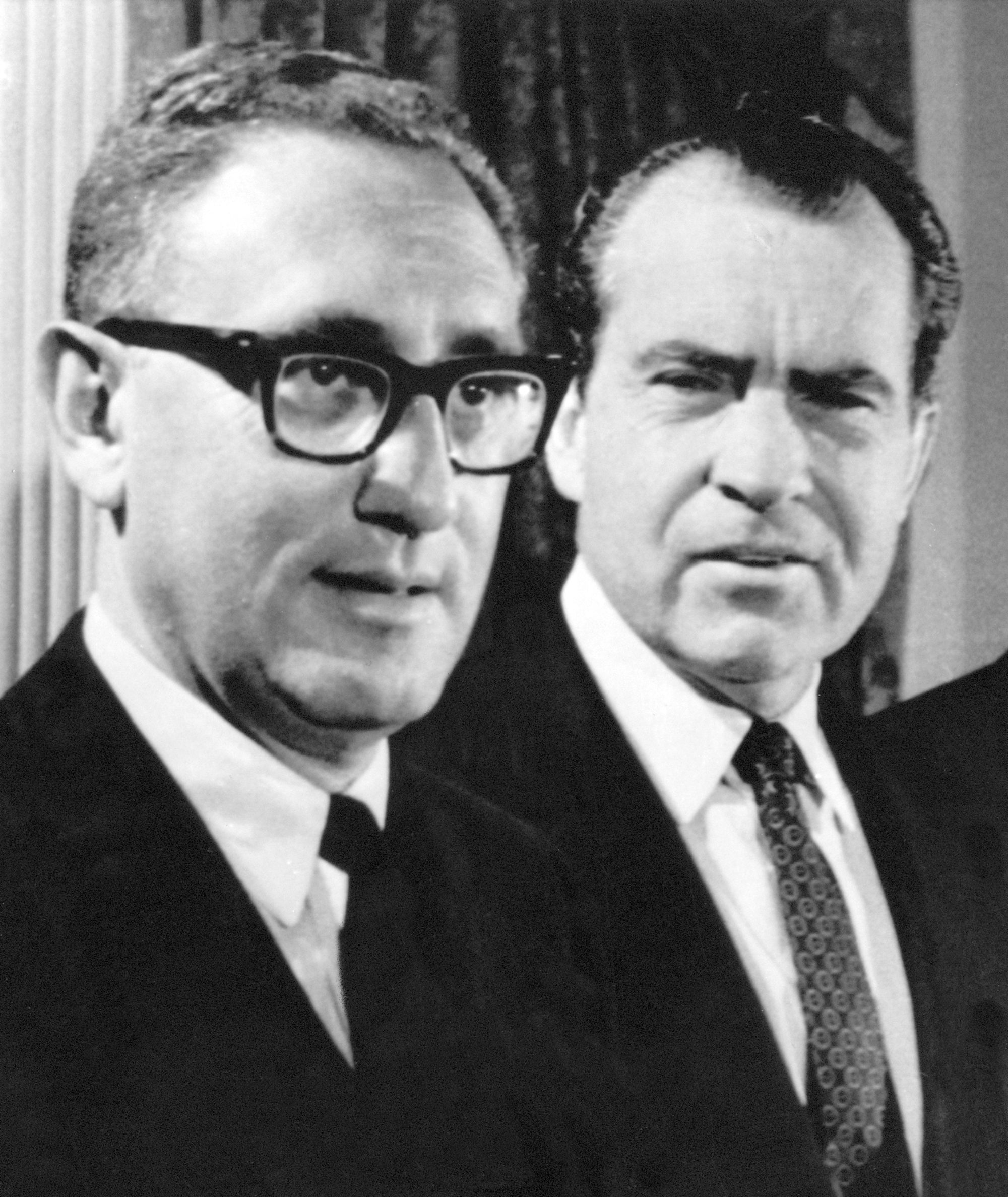
At breakfast with Kissinger on the morning of the hearing, he did not ask me to refrain from public discussion of the case, so, towards the end of my testimony I spilled the beans in a way that evidently caught the attention of committee chairman J. William Fulbright.
We then had a long colloquy that gave me time to confirm before a national television audience that Downey and Fecteau had indeed engaged in espionage and subversion, just as the PRC alleged.
I will never forget the look of shock on Fulbright’s face as he took off his glasses, leaned forward in his chair and said, “You mean our government has been lying to us about the case all these years?”
After the hearing, I called on Bill Brown, then the US State Department’s China Desk officer, to try harder to secure the prisoners’ release. Neither of us knew that Kissinger planned to visit Beijing secretly two weeks later, or that the prisoners’ release was one of the issues he intended to raise with his Chinese hosts.
Brown patiently heard my pitch about the prisoners but was more interested in what I might have gleaned from my breakfast with Kissinger. As I began to leave his office, Brown said, with some embarrassment, “Henry didn’t happen to say what our China policy is, did he?”
‘Belt and Road’ plan for Europe’s first ‘smart city’ in Bulgaria collapses
I was disappointed that news accounts of the Fulbright hearing failed to note my Downey-Fecteau revelation, so I decided to publicise it in an op-ed in The New York Times. Having recently reported about Downey to our college classmates at our 20th reunion, I thought the reunion theme might attract interest. I was delighted when Times editor Harrison Salisbury gave the piece the title: “Will Jack Make His 25th Reunion?”
The piece appeared just two days before Kissinger began his secret talks in Beijing, and those talks – which had been the first recommendation of our 1968 Harvard-MIT memorandum, prepared for whoever won that year’s election – initiated a long effort by Nixon and Kissinger to persuade the PRC to release the prisoners.
Their efforts did bring about Fecteau’s release in December 1971, and Beijing reduced Downey’s sentence from life to time served plus five years, but the PRC was unwilling to release Downey earlier.
I suspected that Chairman Mao and Premier Zhou Enlai might be waiting for a public admission of Downey’s guilt from the Americans. I published another Times op-ed emphasising that some US State Department officials were privately acknowledging the veracity of the PRC claim, and continued to advocate for Downey’s freedom during my first visit to China, in the spring of 1972, which included a four-hour dinner meeting with Zhou.
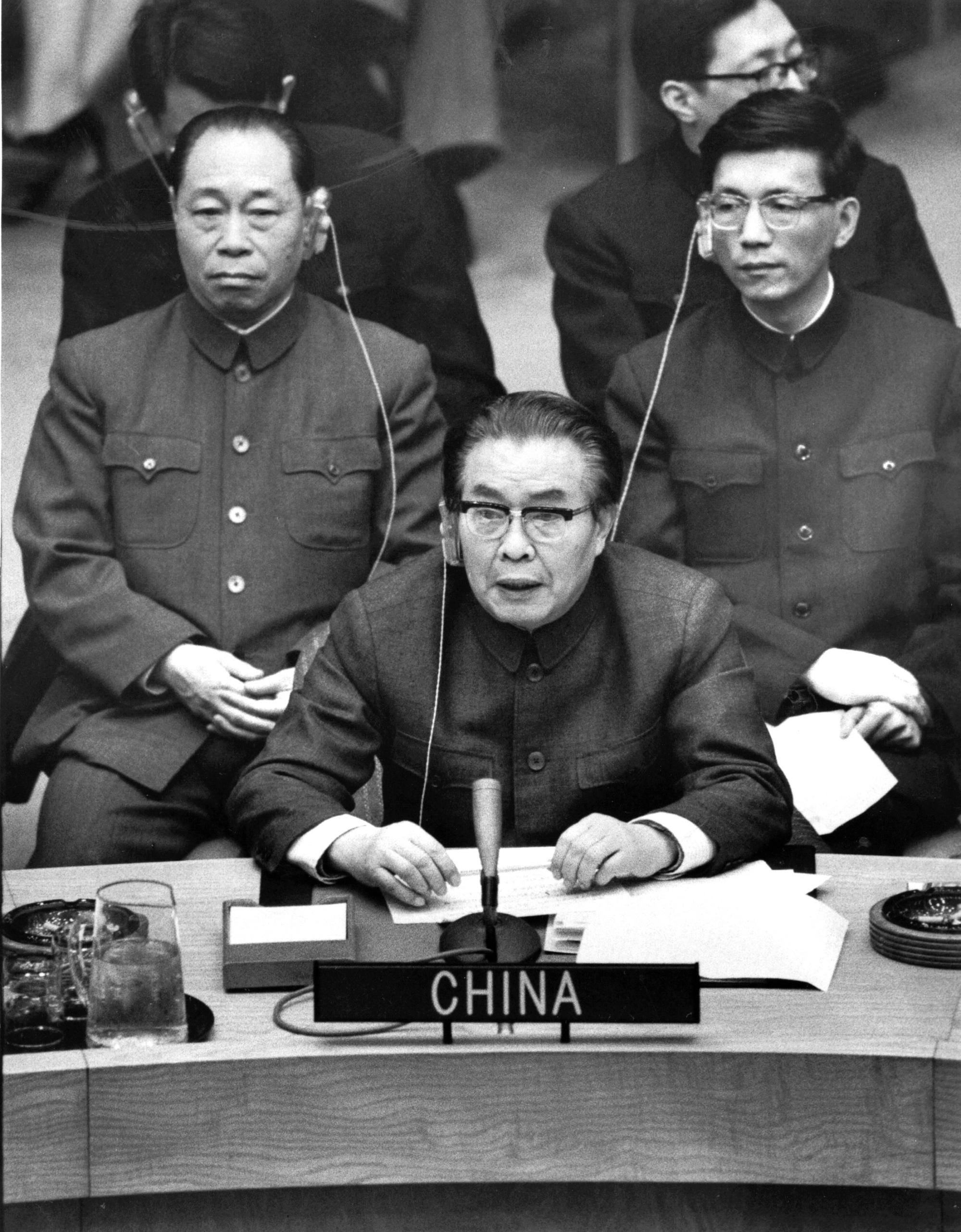
But how could Washington deal with this problem in public, especially when Nixon was already campaigning for re-election in 1972? Although Nixon’s repeated private requests to Beijing about Downey brought him close to dignified begging, one could not expect any similar public behaviour, certainly not before the November election.
But after his victory, at a January 31, 1973 press conference – one designed to provide details about the recently announced US withdrawal from the Vietnam conflict, along with the release of all American prisoners of war in Vietnam – Nixon let slip the Downey issue.
After many questions from journalists regarding the exciting news about the POWs, one reporter asked whether this also meant the release of Downey.
Nixon, an able lawyer, might have dismissed the question as outside the scope of the press conference or simply not answered, but he replied, “Downey is a different case, as you know. Downey involves a CIA agent,” then went on for several sentences, emphasising that Downey’s release “would be a very salutary action”.
As John Delury’s 2022 book, Agents of Subversion: The Fate of John T. Downey and the CIA’s Covert War in China, observed, “Nixon’s reply was a rather abrupt and incomplete way to blow a 20-year cover story and, by default, acknowledge that the enemy had been telling the truth the whole time.”
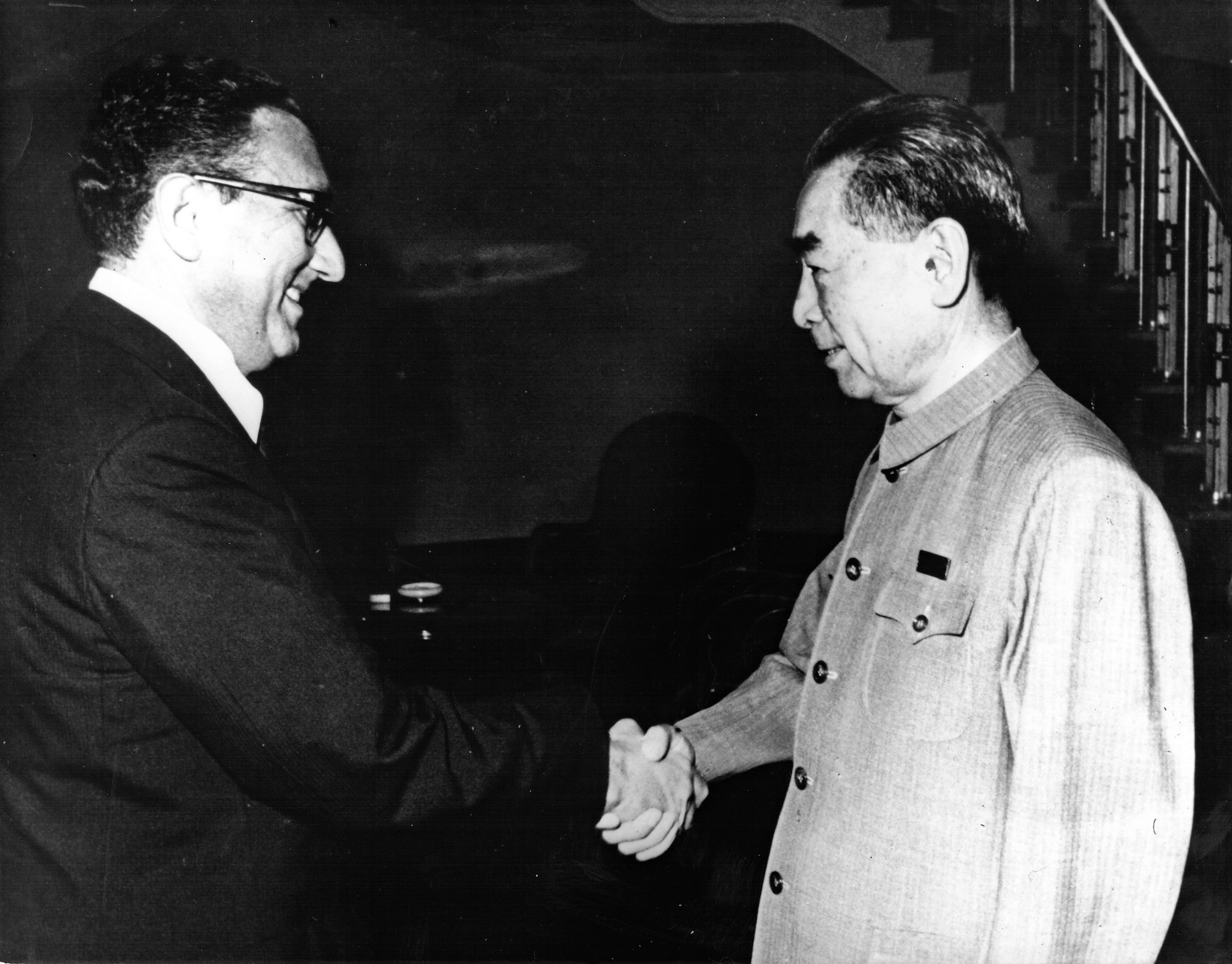
But Kissinger soon made the most of it in negotiations with Zhou and, together with the sad news that Downey’s mother was in seriously declining health, it proved sufficient to win his release, on March 12, 1973.
Given the troubled state of Sino-American relations today, Beijing and Washington would do well to recall the significance of what is often referred to as “the Downey case”.
The most obvious lesson of this saga is how foolhardy and counterproductive it is for governments to engage in lying. Moreover, many of the issues currently dividing the two great powers may take decades to resolve, and some will only prove manageable at best. But steps can be taken immediately to eliminate important irritants in the hope of stemming the downward spiral of the relationship.
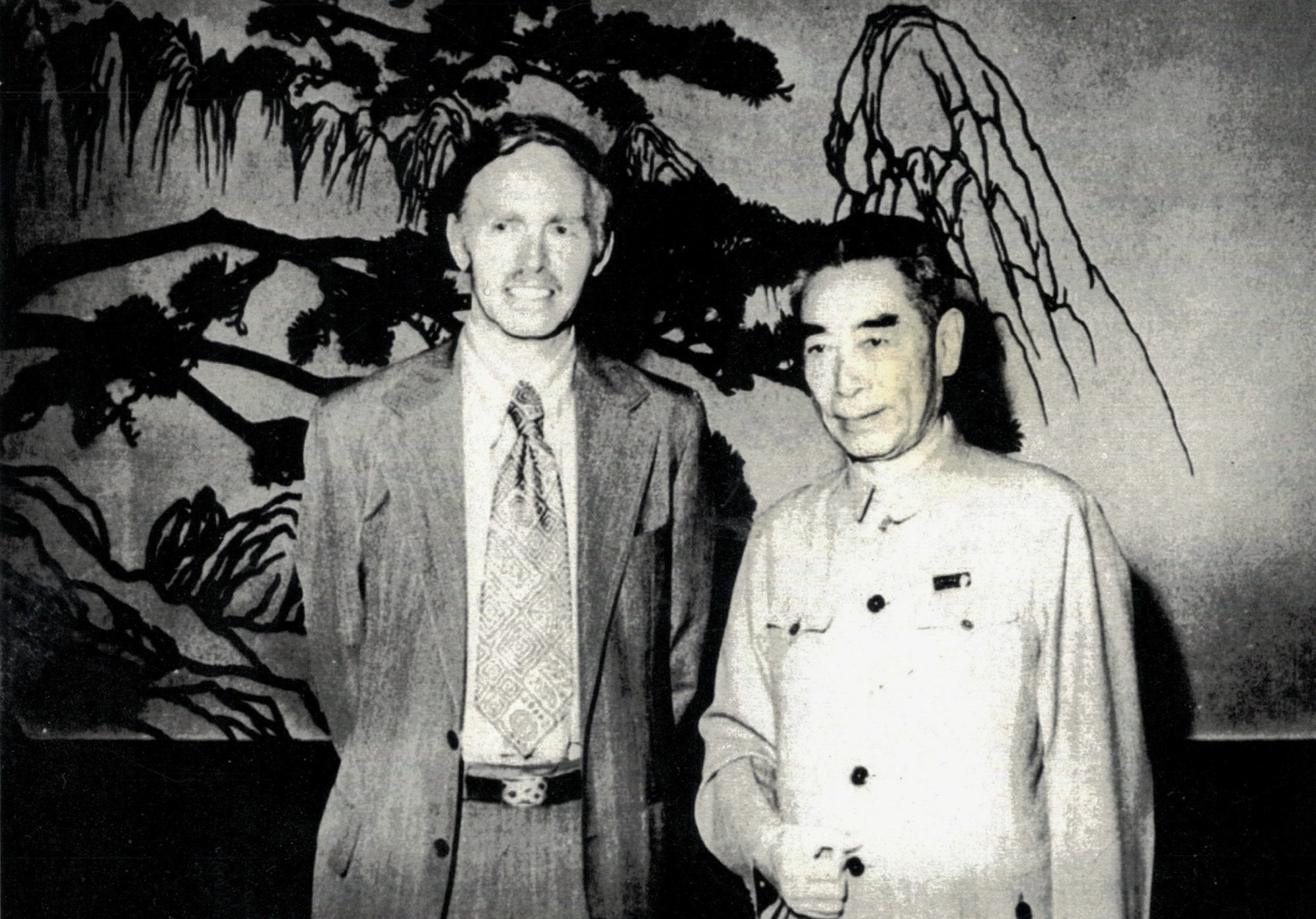
The US government, goaded by the criticisms of civil libertarians, has recently, if belatedly, dropped charges against some Chinese nationals suspected of violating US law. There are as many as 200 Americans currently detained in Chinese jails, some justifiably and others not.
Perhaps 20 to 30 other Americans, while not imprisoned, are prohibited from leaving the PRC.
Returning most of these people to freedom would, as Nixon put it half a century ago, be “a very salutary action”. Zhou Enlai agreed. Xi Jinping would be wise to follow Zhou’s example.
Jerome Cohen, after teaching about China’s legal system at Berkeley, Harvard and New York University for 60 years, is currently an adjunct senior fellow for Asia at the Council on Foreign Relations in New York. His memoirs are scheduled to be published in 2024.
When Hong Kong reporters dashed to the border to meet released US spy John Downey
“The Central Intelligence Agency operative, John Downey, to be freed from imprisonment in China tomorrow, will spend very little time in Hongkong – short enough to be almost a transit stop,” reported the South China Morning Post on March 11, 1973.
“Government sources said yesterday that Mr Downey was expected to arrive by train at the Lowu border […] After a quick medical check-up at Lowu he is to be put on board a helicopter and flown straight to Kai Tak to catch a special U.S. military flight for Clark Airbase in the Philippines.
“The sources said reporters would be barred from Lowu.
[John is] about as unchanged as a person can be, I imagine, after 20 yearsDowney’s brother William upon seeing him after he was flown to the US
“The Chinese had decided to free him at the end of 1976, but speeded up his release at the request of President Nixon who sent word to the Chinese Prime Minister, Mr Chou En-lai, that Mr Downey’s mother was seriously ill.
“Mr Downey was captured in 1952 and sentenced to life imprisonment for spying.”
On March 14, 1973, the Post reported that “John Downey, 42, whose plane was shot down over China near the North Korean border on November 29, 1952, arrived at Bradley Field Air Base [in Connecticut] on board an Air Force transport plane […] His 75-year-old mother, Mary, who suffered a stroke last Wednesday night – and whose illness prompted her son’s release – was told that her son had been freed only shortly before he arrived home.
“During the imprisonment […] John was subjected to political education which included lectures that sometimes lasted for hours, but he was never tortured.
“Hundreds of people gathered outside the hospital and cheered when Mr Downey arrived only 20 hours after he was released by the Chinese.”
His brother William described him as “about as unchanged as a person can be, I imagine, after 20 years”.

